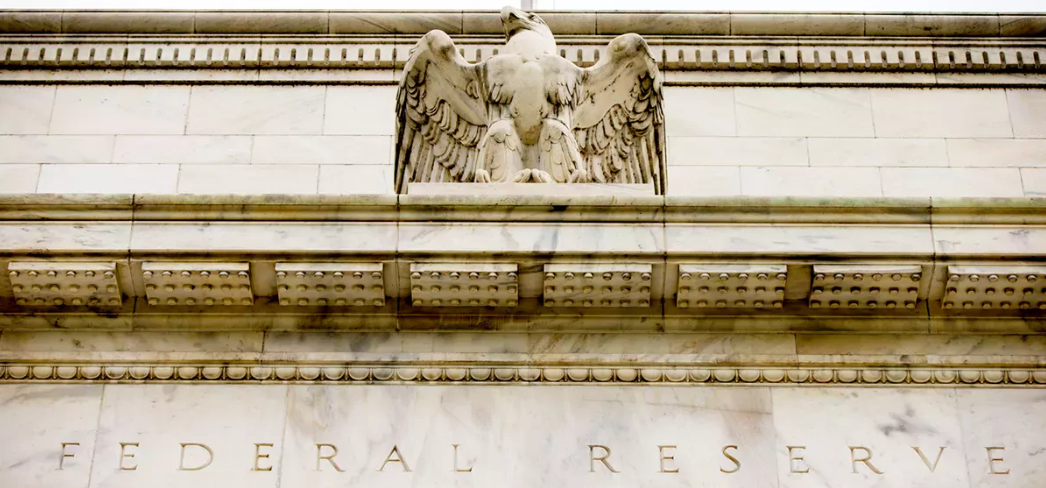
François Christen
Chief Economist
Investors have reassessed the prospects for interest rate cuts amid sticky US “core” inflation.
Original article published in French on agefi.com

The inflation figures published last week in the USA definitively dashed hopes of a rapid turnaround by the Federal Reserve and led to a significant upturn in the structure of interest rates in dollars. The yield on the 10-year T-Note rebounded to around 4.3% after dropping below 3.9% at the start of February. The upward pressure on short-term maturities reflects a significant revision in the outlook for interest rate cuts in 2024.
The rise in consumer prices observed in January (0.3% monthly, 3.1% year-on-year) is not alarming, but the report does contain a number of shady areas. Excluding energy and food, “underlying” inflation was 0.4% month-on-month and 3.9% year-on-year. This persistence is essentially due to the continuing rise in shelter prices. However, the rise in service prices excluding accommodation (0.7% month-on-month, 4.4% year-on-year) remains problematic with regard to the Federal Reserve’s 2% target.
Alongside consumer prices, producer prices are also rising (0.3% monthly, 0.9% year-on-year), calling into question the fall in goods prices that began in 2023. However, inflation expectations, as highlighted by various surveys and the breakeven rates associated with inflation-linked bonds (TIPS), remain well anchored. Ultimately, the slight upturn in inflation seen in January should reinforce FOMC’s willingness to wait before normalising monetary conditions, in line with the forecasts unveiled in December, which predicted a key interest rate of 4.6% at the end of 2024.
The risk of a “second wave” of inflation, like the one that occurred in the 1970s, seems low. The effects of monetary tightening are still not being fully felt, and it is unlikely that the Federal Reserve will repeat the mistake made by Chairman Arthur Burns. Recent indicators remain generally compatible with a “soft landing” outcome. The 0.8% fall in retail sales in January (after a downwardly revised 0.4% increase in December) and the decline in industrial production suggest that the upturn in consumer sentiment and PMIs could overstate the strength of the economy.
In Europe, euro yields are also on the rise. The 10-year German Bund rebounded to close to 2.4%, a far cry from the depths explored at the end of December. This rebound, while the eurozone continues to stagnate, is another opportunity to add to bond exposure and buy duration before the ECB starts cutting interest rates. In the United Kingdom, inflation turned out to be slightly lower than expected, coming in at 4.0% in January, as in December. The contraction in GDP (-0.3% in Q4 after -0.1% in Q3) is akin to a mild recession. Despite this observation, the Bank of England is likely to wait a while before adopting a dovish stance. In Switzerland, the surprising fall in inflation to 1.3% in January, even though the VAT rate was raised by 0.4 percentage points, could prompt the SNB to ease its monetary policy sooner than expected. A first move in June seems highly likely.










